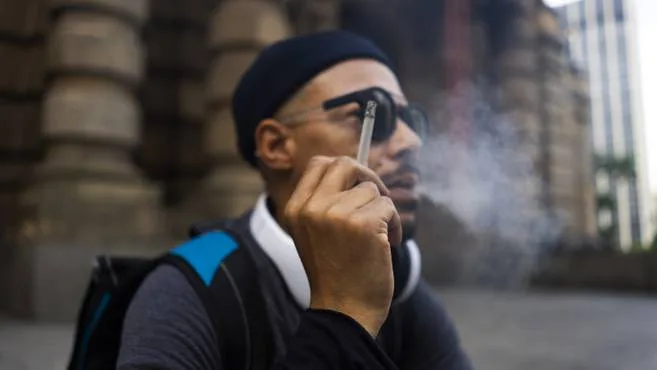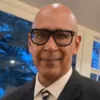
The U.S. Food and Drug Administration is moving to finalize a proposed rule to ban menthol cigarettes, according to agency officials and news reports. For a variety of reasons, implementation of this decision will carry significant ramifications for policing.
Responding to concerns from some law enforcement officials and civil rights activists, the FDA has stated it will enforce the prohibition only against menthol cigarette manufacturers and distributors, not individual smokers. But the American Civil Liberties Union, the Drug Policy Alliance and the National Association of Black Law Enforcement Officers oppose this menthol ban because they know it will have a downstream impact on state and local laws and policies.
With the National Black State Troopers Coalition holding its 38th Annual Summer Training Conference & Membership Meeting through July 17 in Baltimore, issues related to police encounters with Black motorists and with residents of Black neighborhoods continue to attract considerable attention in law enforcement circles. Black Americans have faced a long history of policies, such as stop-and-frisk, that unfairly targeted them. The policy on menthol cigarettes could lead to more problematic encounters between law enforcement and Black Americans.
The past decade has highlighted substantial racial inequities in American law enforcement’s use of force. In this short time, the country has watched a police officer murder George Floyd, an unarmed African American, in 2020 for allegedly paying for cigarettes with a counterfeit dollar bill. Eric Garner was killed by a police chokehold in 2014 after being accused of selling loose cigarettes. Police shot Michael Brown to death in 2014 when he was under suspicion of stealing a box of cigarillos.
Family members of Floyd, Garner and Trayvon Martin — who was shot to death by a neighborhood watchman after walking from a store in 2014 — have raised concerns about the ban. They signed a joint letter to the Biden administration, stating that: “Our fear is that banning the manufacture and sale of menthol cigarettes will not stop their production or purchase, but will instead open the floodgates for smuggling. While we have been told Black smokers will not be criminalized for possessing menthol cigarettes, that does not match our experience with other cigarette policies.”
Gwendolyn Carr, the mother of Eric Garner, and Sybrina Fulton, the mother of Trayvon Martin, wrote a letter to New York City officials raising these concerns when a ban on menthol cigarettes was being considered there in 2019.
In Maryland, legislation (SB 259) was introduced in the 2023 General Assembly session to prohibit the sale of electronic smoking devices and flavored tobacco products — including menthol, mint and wintergreen. The measure failed to move through the Senate. California and Massachusetts are the two states that have banned menthol cigarettes so far.
Now, the federal government is seeking to ban the cigarette type that more than 80% of African American smokers prefer, while providing no extra penalties to those preferred by white smokers. This flies in the face of common sense and justice.
A ban specifying menthol cigarettes isn’t justifiable on public health grounds, research has shown.
An April 2022 study published in the Journal of the National Cancer Institute by Vanderbilt University Medical Center found that menthol and nonmenthol smokers have similar quit rates. The only difference is that nonmenthol smokers face higher lung cancer risks. For those reasons, the research group concluded that “in the long-term if high percentages of menthol smokers switch to non-menthols, the ban could have the unintended consequence of a net increase rather than decrease in risk, at least for lung cancer.”
Sylvia Miranda, executive director of the National Latino Officers Association, is right: Prohibition doesn’t work.
Sign Up for Alerts
Get notified of need-to-know
info from The Banner
When Canada banned menthols, most smokers just shifted to nonmenthol brands rather than quitting. When the European Union did the same, roughly 90% of cigarette consumers continued to smoke by switching products or engaging in cross-product trade. There is no reason to believe a ban in the U.S. will fare any better.
The most effective way to address smoking addiction problems is through a public health model, not a criminal model. The sustained prevention and education campaign against smoking in the last decades of the 20th century yielded tremendous decreases in smoking rates, all without criminalizing a single person.
I speak from experience when I say law enforcement doesn’t want another case like Eric Garner’s. It wants the criminal justice system to work for the Black community, not against it. That will prove difficult if the federal government continues to pass counterproductive rules such as this menthol ban, which will risk more of the same harmful justice interventions. And that’s in no one’s interest.
Lt. Diane Goldstein (Ret.) is executive director of the Law Enforcement Action Partnership and a 21-year veteran of the Redondo Beach (California) Police Department.


